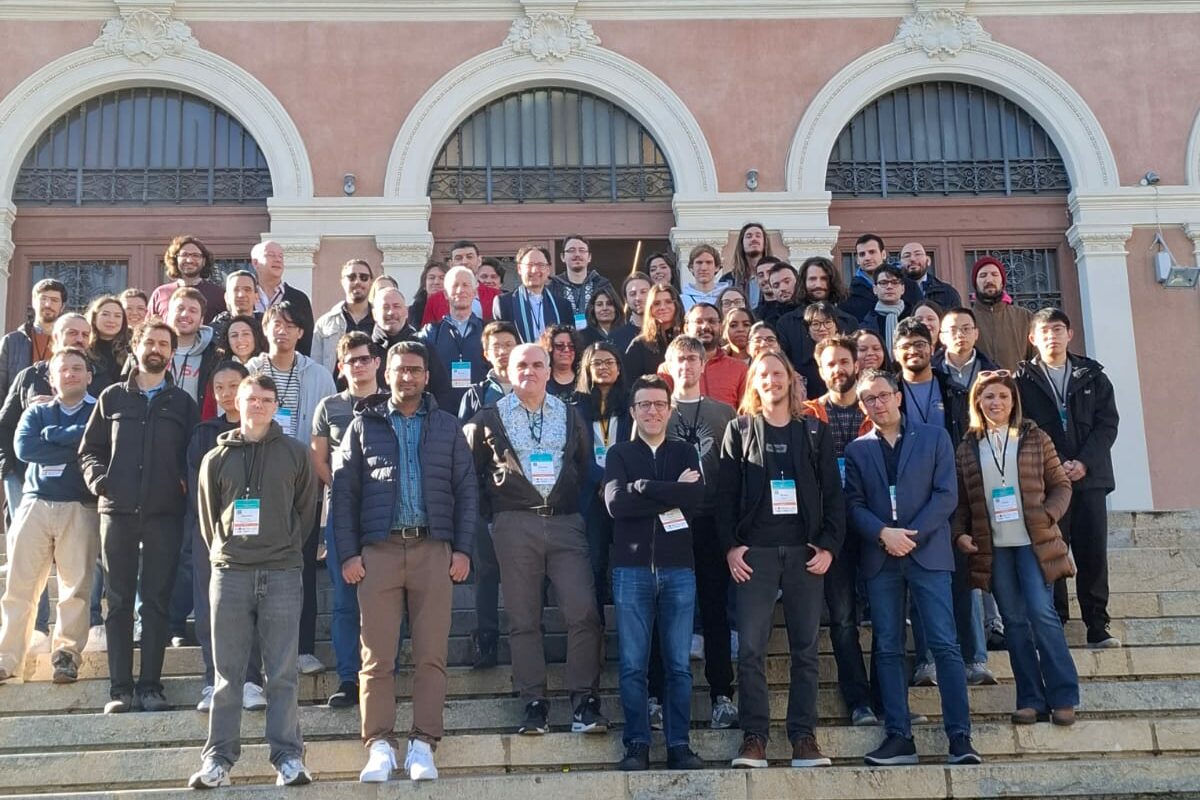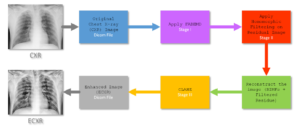
10-13 December, 2024 – Messina, Italy
The IEEE Magnetics Society Italy Chapter – PETASPIN 2024 School on “Spintronics: fundamentals and applications”
Focus of the school
The upcoming III edition of the PETASPIN School will focus on the theory and applications of spintronics, emphasising modern approaches involving different classes of materials and high performance computing for simulations and computational applications. The programme, to be held in Messina, Italy, in December, is aimed at students, post-doctoral researchers and early-stage researchers entering the field of spintronics and related areas. This year’s meeting will take place over four days, from the morning of December 10 until noon on December 13.
Our well-structured programme will feature lectures by international experts covering the state of the art and future perspectives in spintronic technology. The school aims to encourage discussion and networking opportunities throughout. Participation is limited to 30-35 students selected through a competitive application process.
The School is organised by the PETASPIN Association and the IEEE Magnetics Society Italy Chapter, and co-sponsored by the EU-funded project TOPOCOM (HORIZON-MSCA-2022-DN-01-01) and the MUR-funded project “The Italian Factory of Micromagnetic Modelling and Spintronics” (PRIN 2020). The co-directors are Prof. Giovanni Finocchio from the University of Messina and Prof. Mario Carpentieri from the Politecnico di Bari. The scientific coordinator is Dr. Davi Rodrigues from the Politecnico di Bari.
Learning Objectives of the School
The first learning objective is to provide students with the skills necessary to understand various unconventional computing model applications and their hardware implementations. Lectures will cover several unconventional computing models, discussing their applications, requirements, and physical realizations. Students will learn to identify the scope of different models, exploit their advantages, and address their challenges.
The second learning objective is to provide essential knowledge for hardware implementation of unconventional computing by exploiting material properties. Lectures will explore complex ferroic orders and emergent physical properties such as topological textures, emphasizing their relevant functional responses. Students will learn to model, observe, and perform numerical simulations to describe phenomena associated with different ferroic orders at different length, time, and energy scales. In addition, lectures will discuss how machine learning can aid in the investigation of material properties. Discussions will also cover how different materials can improve the performance and efficiency of various unconventional computational models.
The third learning objective is to provide students with basic knowledge of emerging directions in spintronics. Lectures will focus on recent developments in altermagnetism and spinorbitronics, highlighting their potential to improve the scalability and efficiency of spintronic technologies. Students will learn the fundamental aspects of these fields from experts and gain an overview of recent advances and future perspectives.
Soft skills lectures.
The school will also offer lectures on soft skills, including science communication and business strategies.

